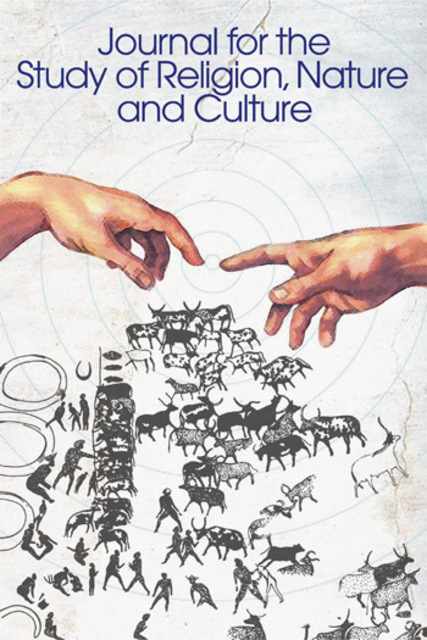Paradox, Place, and Pastoralism in the Works of Theocritus, Virgil, and Thoreau

Full description
That humans have forever longed for return to paradise is axiomatic of pastoralism. While the Greek poet Theocritus is arguably the first to present Arcadia as a paradisal, pastoral place in his Idylls, by going beyond merely addressing the essential contradictions of life and attempting to resolve them in his Eclogues, Virgil advances the pastoral mode. Both works are imbued with a paradoxical sense of longing for the unattainable that has influenced much Western literature and art in the past two thousand years. Indeed, just as Virgil re-visions Theocritus, Henry David Thoreau emulates and then extends Virgil’s pastoral form in Walden. Pastoralism is seen, therefore, as an ever-adaptive perspective that continues to inform today’s artists, poets, and philosophers. By analyzing the mythopoetic aspects of pastoralism, Idylls, Eclogues, and Walden may be understood as mythologies of place that embody soul.
- typeImage
- created on
- file formatjpeg
- file size107 KB
- container titleJournal for the Study of Religion, Nature and Culture
- creatorJoy Greenberg
- issn1749-4915 (online)
- issue2.4
- publisherEquinox Publishing Ltd.
- publisher placeSheffield, United Kingdom
- rights holderEquinox Publishing Ltd.
- volume
We use cookies to analyze our traffic. Please decide if you are willing to accept cookies from our website. You can change this setting anytime in Privacy Settings.
